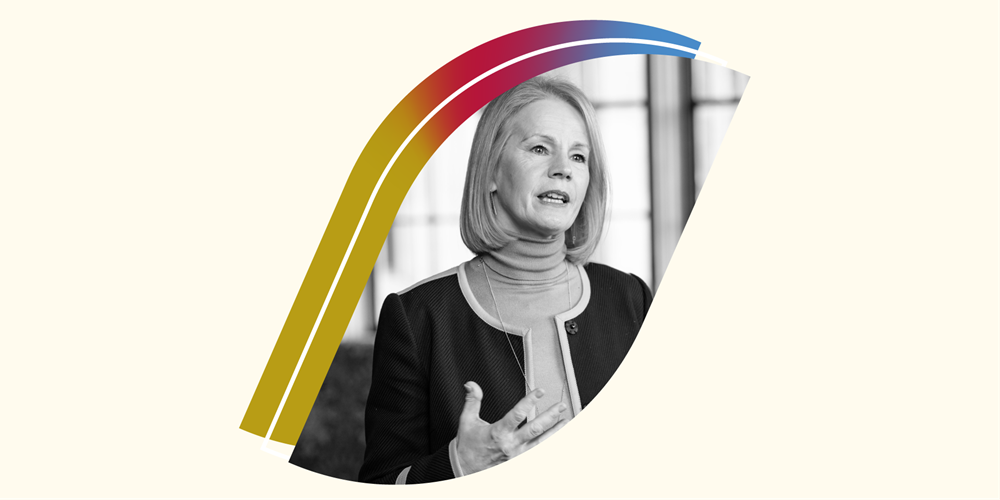Engage with the House of Lords
16 March 2023 (updated on 16 March 2023)
As Parliament’s second chamber, the House of Lords is an effective place to engage for small charities campaigning on an issue.
Bringing about change
The House of Lords has a track record of making an impact and bringing about change.
Many members of the House of Lords raise external campaigns in questions to the government, use briefings from charities and organisations in debates and work closely with small charity campaigners on changes to legislation or to bring a new draft law to Parliament.
Hear from members who engage with campaigners in their work in the Lords:
- Baroness Sugg on her work to make child marriage illegal (external website)
- Baroness Lister of Burtersett on working for British citizenship for Chagos Islanders (external website)
- Baroness Bull on working with Beat on safeguards for people with eating disorders
- Baroness Hollins on raising protections for autistic people
Find out more about engaging with the House of Lords
- Understanding the set up of the Lords
- Discovering the Lords membership
- Targeting your communication
- Preparing and providing clear briefings on your campaign
- Using tools and resources on the UK Parliament website
- Timing your communication
Why engage with the House of Lords?
Structure makes it well-placed to champion causes
Lords processes and set-up are less party-political - for example the Crossbench and Bishops groups - so there is greater scope to gain cross-party support for an issue.
Every member of the Lords has access to all the amending stages of bills and all members can press government through questions and debates.
Members are switched on about issues that matter to them
Campaigning members
Members actively campaign in the Lords on issues that matter to them; many are interested in hearing about the latest research, developments and challenges in relation to the issues they care about.
Representing issues
Members represent the issues that matter to them and their professional lives. They may be interested in some local and regional matters or international issues relevant to their backgrounds.
Professionals and opinion leaders
Many members are also professionals and opinion leaders in the areas they work on; they may be more open to your briefing and easier to bring on board because they are already switched on about the issues that matter to them.
How do I engage with the House of Lords?
Target your communication
Targeting relevant members who have demonstrated an interest in areas related to your charity or campaign is key to successful engagement.
Research which members are speaking about your issues in the Lords, relevant committee work and members' professional or voluntary work outside Parliament.
Prepare and provide clear briefings
Set out your campaign:
- the background
- where it stands on relevant legislation and public policy
- what it wants to achieve or change
- your ‘ask’ of members.
Use free tools and resources
- There is a searchable A-Z index of members to look up members by policy area, experience and more.
- Every member has a biography page with information on careers,
policy interests and how to contact them. - Lords Hansard holds what members have said, search who’s
said what and when in questions, debates and legislation. - The UK Parliament What’s On calendar shows what's coming up and who is taking part in it – you might be able to contact members ahead of a question or debate.
Time your communication
Consider the timing of your communication with members and any dates pertinent to your campaign.
Plan ahead
Members plan and put down questions and debates weeks in advance, regularly to coincide with anniversaries, campaigning weeks, international days and important international meetings.
Parliament's working year
At the start of each session the King’s Speech sets out the government’s legislative work for Parliament’s year, so you can identify if any upcoming bills are relevant for your campaign. Every bill introduced to Parliament
has a dedicated bill page where you can track its passage.
Committee deadlines
Lords committees want to hear views on the issues they investigate. Keep track of committee work and deadlines for giving your views.
Find out more
- Download a PDF guide - Engage with the Lords: Guide for Small Charities and Campaigners
- Work of the House of Lords
- Impact of the House of Lords: 2021-22 session
- Learn more about the House of Lords membership
- Have your say: committee inquiries
- Get involved with the House of Lords
